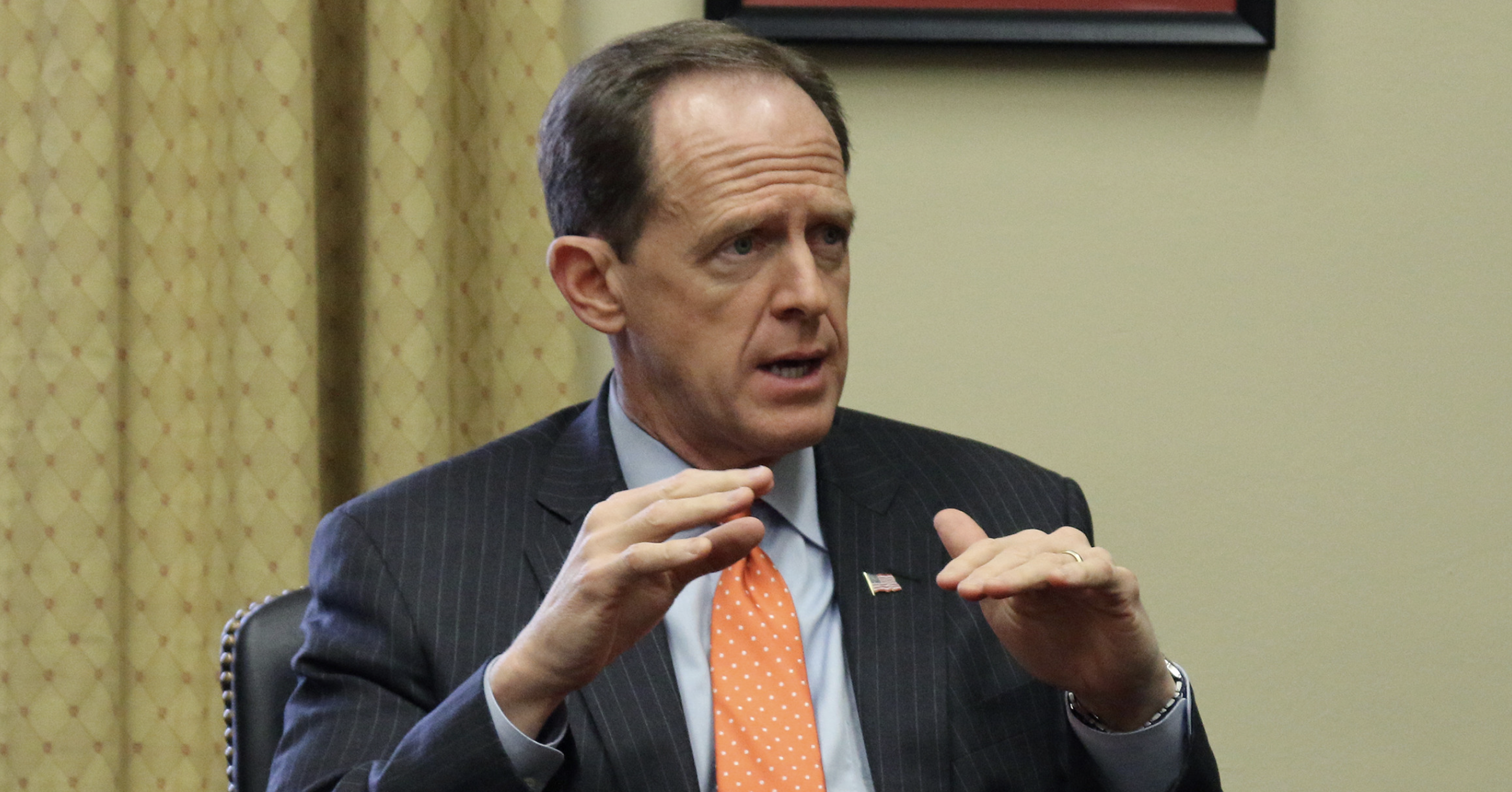As a general matter, as a body, I think we all understand we are not that popular, but I don’t think I have ever worked with a more impressive group of individuals. So I appreciate having had that chance. I also have to thank the people o this great Commonwealth of Pennsyl- vania that my […]

